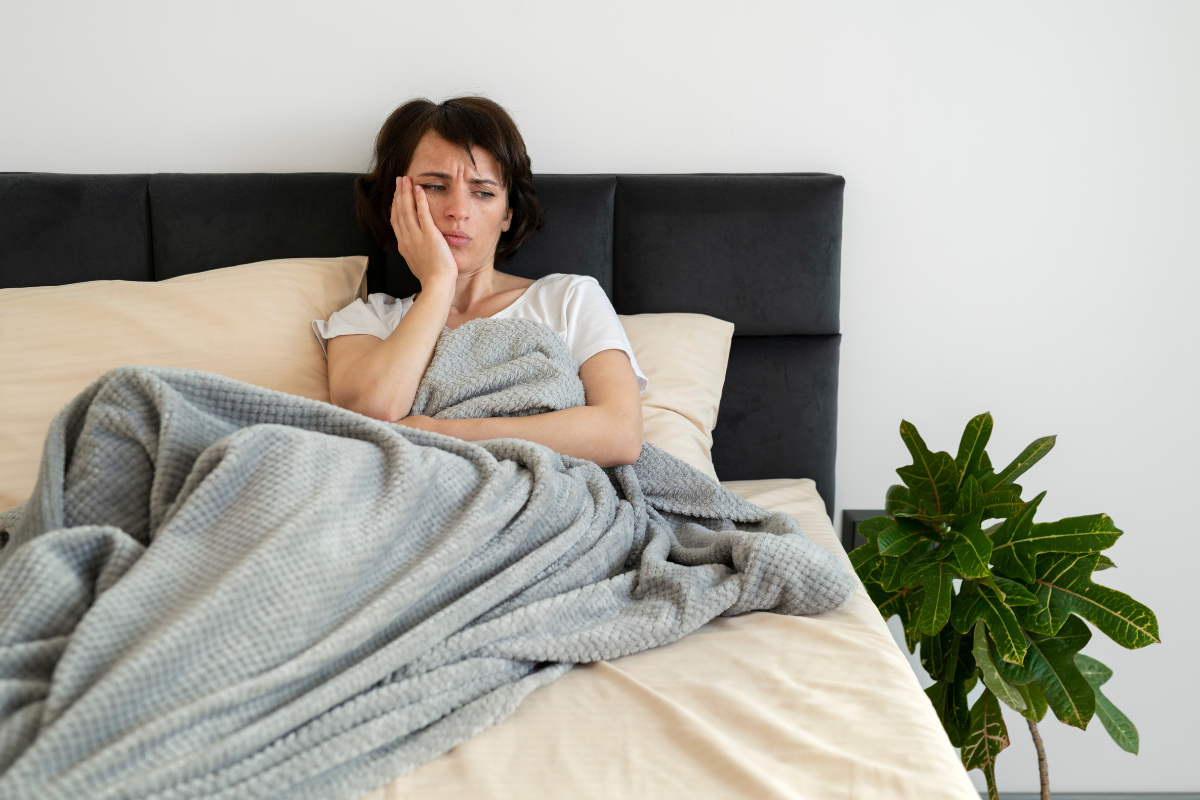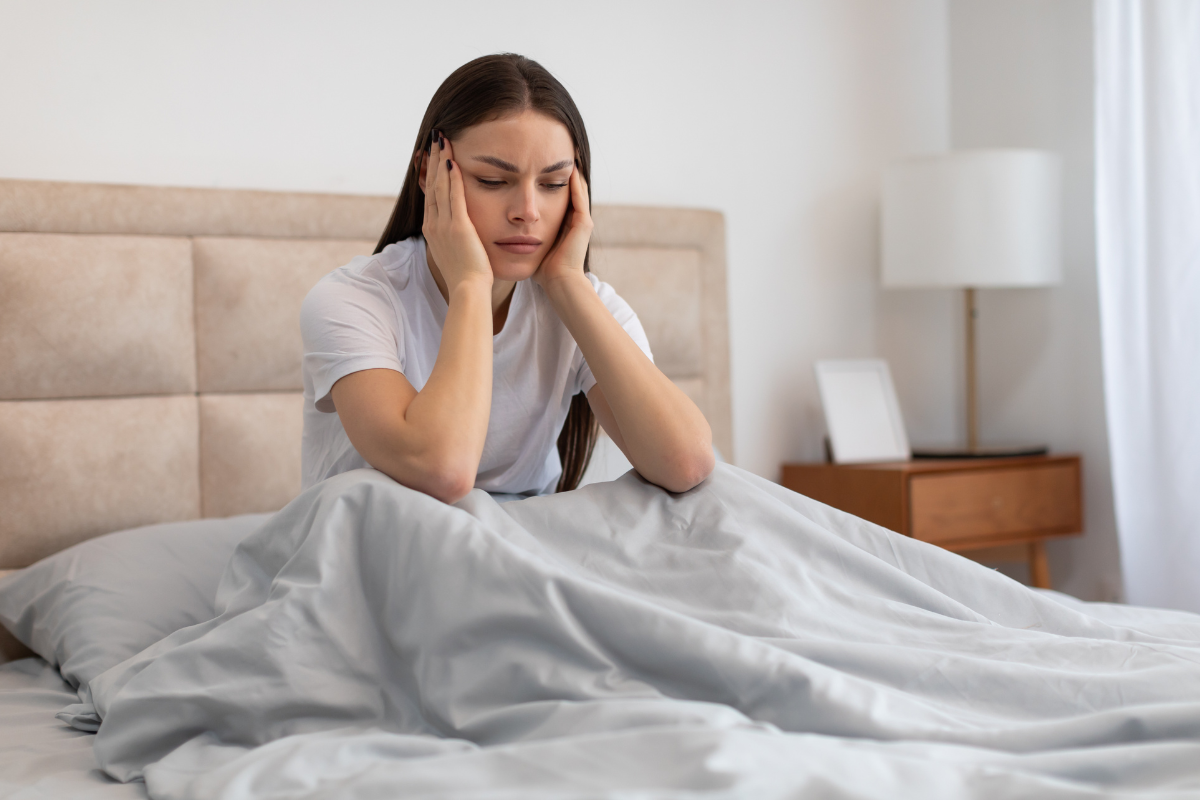Sleep is the foundation of both physical and mental well-being. Yet, for many people in Delhi, restful sleep feels like a luxury rather than a necessity. Chronic sleep deprivation can lead to a host of physical and psychological issues, including memory loss, irritability, anxiety, and weakened immunity. If you’re struggling with sleepless nights, exploring Sleep Deprivation Treatment in Delhi is a crucial step toward reclaiming your health.
Let’s break down what causes sleep deprivation, why it’s a serious concern, and how expert care from a pulmonologist or sleep specialist in Delhi can help you recover.
What is Sleep Deprivation?
- Sleep deprivation occurs when an individual consistently fails to get enough sleep to function well during the day.
- In many cases, it results from lifestyle choices, long work hours, sleep disorders, or underlying health conditions.
- The treatment begins by identifying the root cause—this could range from insomnia and obstructive sleep apnea to restless leg syndrome or chronic stress.
Signs You May Be Sleep-Deprived
- Difficulty staying awake during the day
- Trouble concentrating or remembering things
- Mood swings or irritability
- Low motivation and productivity
- Increased dependence on caffeine or energy boosters
- Frequent headaches or dizziness
Why Is Sleep Deprivation a Mental Health Issue?
- Although the initial signs may seem minor, chronic sleep deprivation severely impacts mental health.
- For example, prolonged sleep loss can trigger or worsen depression, anxiety, and other mood disorders.
- Moreover, studies show a strong correlation between poor sleep and suicidal ideation, especially in adolescents and working professionals.
Top Causes of Sleep Deprivation in Delhi
- Urban Lifestyle: The hustle culture often leads to long working hours and minimal rest.
- Pollution and Noise: Environmental irritants can interfere with your ability to fall or stay asleep.
- Digital Distraction: Excessive screen time before bed disrupts melatonin production.
- Underlying Health Issues: Conditions such as sleep apnea, asthma, or GERD often go unnoticed but heavily impact sleep.
How Sleep Deprivation Affects Your Body and Mind
- Cognitive Decline: Slower reaction time, impaired decision-making, and memory loss.
- Cardiovascular Risks: Increased risk of high blood pressure, heart attacks, and stroke.
- Weakened Immunity: You become more susceptible to infections.
- Mental Health Strain: As a result, you're more likely to suffer from depression, anxiety, and emotional instability.
Why Choose Sleep Deprivation Treatment in Delhi?
- Delhi offers access to some of India’s most advanced pulmonology and sleep disorder clinics.
- Moreover, treatments are customized based on your lifestyle, medical history, and sleep patterns.
- With increasing awareness, more people now consult certified sleep specialists rather than relying solely on self-medication.
What Does Sleep Deprivation Treatment Include?
- Detailed Sleep Assessment:
- Sleep history evaluation
- Questionnaires like the Epworth Sleepiness Scale
- Polysomnography (sleep study)
- Lifestyle Counseling:
- Dietary and exercise advice
- Sleep hygiene education
- Digital detox routines
- Treatment of Underlying Disorders:
- CPAP therapy for obstructive sleep apnea
- Cognitive Behavioral Therapy for Insomnia (CBT-I)
- Medication (when absolutely necessary)
- Regular Follow-Up & Monitoring:
- Adjustments in therapy
- Mental health evaluation
- Sleep pattern tracking

Role of a Pulmonologist in Sleep Deprivation Treatment
- A pulmonologist plays a vital role, especially if your sleep issues are linked to breathing disorders.
- Conditions like sleep apnea, asthma, or chronic bronchitis can prevent restful sleep.
- A lung and sleep specialist in Delhi can offer integrated treatment—managing both respiratory and sleep health effectively.
Sleep Hygiene Tips to Complement Treatment
- Establish a Consistent Sleep Schedule: Go to bed and wake up at the same time daily.
- Create a Sleep-Inducing Environment: Use blackout curtains, reduce noise, and maintain a cool room temperature.
- Limit Stimulants: Avoid caffeine, alcohol, and nicotine close to bedtime.
- Unplug Before Bed: Turn off screens at least one hour before sleeping.
- Mindfulness and Meditation: Use relaxation techniques to reduce stress and calm your mind.
When Should You See a Sleep Specialist in Delhi?
- If you’ve tried all the above tips and still face issues falling or staying asleep.
- When fatigue and poor sleep start affecting your productivity, relationships, or mood.
- If snoring, choking, or gasping disrupt your sleep.
- When you wake up feeling unrested, even after spending 7–8 hours in bed.
Benefits of Timely Sleep Deprivation Treatment
- Enhanced focus and cognitive ability
- Stable emotional and mental health
- Reduced risk of chronic illnesses
- Improved productivity and quality of life
Why JCS Lung & Sleep Centre is Your Best Bet in Delhi
- Led by experienced pulmonologists and sleep specialists
- State-of-the-art diagnostic tools and therapy options
- Customized treatment plans for both adults and children
- Holistic care approach with follow-ups and mental health integration
FAQs on Sleep Deprivation Treatment in Delhi
The most effective treatments include CBT-I, CPAP therapy for sleep apnea, and holistic lifestyle adjustments under a sleep specialist’s guidance.
You should consult an experienced pulmonologist or certified sleep specialist like the experts at JCS Lung & Sleep Centre.
Yes, chronic sleep loss can lead to depression, anxiety, and even suicidal thoughts if untreated.
Absolutely. Many cases respond well to behavioral therapy, lifestyle changes, and non-invasive treatments.
If your daily life, mood, or health is being affected by poor sleep, it’s time to consult a specialist.
Clinics like JCS Lung & Sleep Centre offer sleep studies (polysomnography), home sleep tests, and advanced lung function tests.
Recovery varies but improvement can be seen within weeks of starting proper treatment and sleep hygiene practices.
Yes, sleep specialists undergo additional training to diagnose and treat complex sleep disorders.
Yes, pulmonologists are trained to manage sleep apnea, especially when it's linked to respiratory issues.
Definitely. Pediatric sleep deprivation is common and should be addressed by a pediatric sleep specialist.

